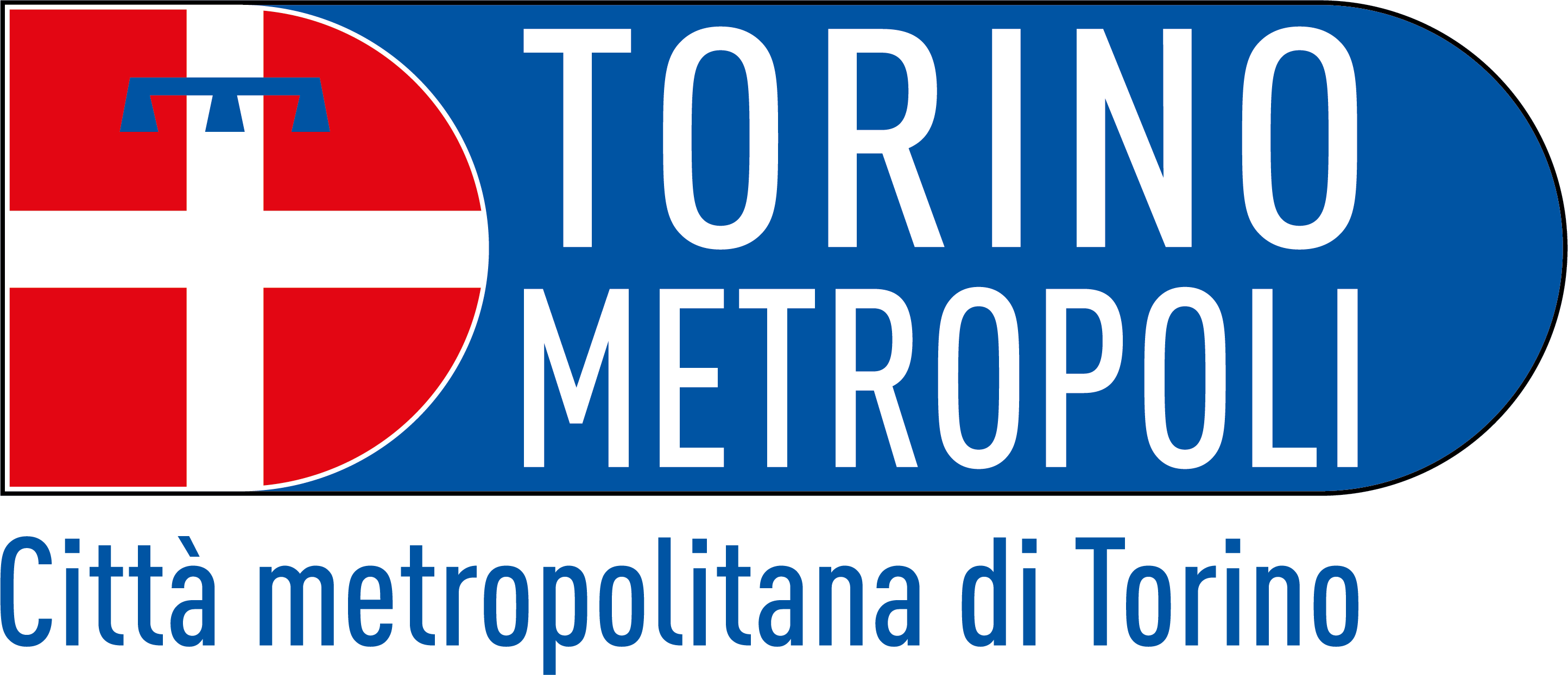An international funding mechanism to treat and collect e-waste sustainably in countries with fewer opportunities.
Reading Time: 2 minutes
Waste compensation is an international financing mechanism devised by the Dutch company Closing The Loop. The model aims to encourage the development of a collection and recycling chain in countries with economic difficulties, where an extended producer responsibility system is often lacking. Closing The Loop proposes a scheme whereby industry and users in economically advantaged countries contribute to the collection and proper recycling of an equivalent amount of waste.
The pilot project 'E-waste compensation as an international financing mechanism in Nigeria (EcoN)' initiated by the PREVENT Waste Alliance and carried out by Closing The Loop, Hinckley Recycling, Öko-Institut e.V., SRADev Nigeria and Verde Impacto Nigeria was engaged in testing the mechanism in Nigeria, focusing on waste of electric and electronic equipment (WEEE). The environmental and health risks, triggered by the country's lack of a controlled recycling chain for electronic waste, were decisive in choosing where to test the waste compenation.
The project ran from January 2021 to September 2022 and, in its initial phase, trained recycling companies and collectors on the risks and practices involved in recycling the two types of waste involved, namely flat screens and lithium-ion batteries. Subsequently, the feasibility of material disposal and recovery within the country was investigated by analysing various waste treatment methods, related issues and costs. In the case of flat screens (televisions, monitors, and laptop monitors), there were very good results in terms of safe recycling and recovery of secondary raw materials; export was only necessary for mercury vapour lamp backlights, which are still widely used in Nigeria, due to the lack of safe treatment systems for this heavy metal. As far as lithium-ion batteries are concerned, the context was very different. Recycling worldwide is still complicated: in producer countries, such as China and South Korea, there is already a fairly stable recycling system, while in Europe and the USA the chain is still immature. In Nigeria, there is a total lack of a recycling industry for this type of product. Consequently, even collection is not economically advantageous, so it is necessary to export the waste, which, however, has high costs and logistical difficulties due to its hazardous nature when untreated.
However, the project was able to collect and process 30 tonnes of e-waste and obtain the participation of flat screen display companies (Philips and MMD) for the application of the waste compensation model. Thus proving that the model is robust and truly able to finance the development of recycling infrastructures in countries with difficulties in processing hazardous e-waste.
Read also:
New incentives for EMAS certification for the treatment of WEEE
For more:
Management of End-of-life Li-ion Batteries through E-waste Compensation in Nigeria
Management of End-of-life Flat Panel Displays through E-waste Compensation in Nigeria
Tommaso Gregori
